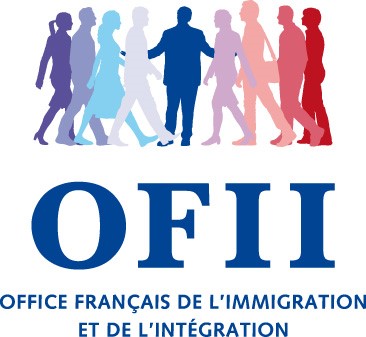ProGreS Migration Tunisia
Objective
-
€3.9mBUDGET
-
01/12/2021PROJECT START
-
36 monthsDURATION
The ProGres Migration Tunisia programme aims to support the economic and social reintegration of returning Tunisian migrants.
A first phase of the project has supported the introduction of a harmonised framework to cater to the needs of returning migrants, through the creation of a national reintegration system, the Tounesna system, which is deployed in three regions of Tunisia (Tunis, Sfax and Medenine).
Following on from these activities, the second phase of the project aims to strengthen the system’s institutional base and ensure its sustainability. It will be deployed in six additional regions (Bizerte, Le Kef, Tataouine, Monastir, Kairouan and Gafsa). The project will support this extension by assisting with training new advisors and the equipment of new branches.
ProGres Migration Tunisia: Strengthening and ensuring the sustainability of the Tounesna system
With this project, Expertise France is contributing to strengthening and ensuring the sustainability of the national system for returning migrants, which the Tunisian authorities have called the “Tounesna system”.
To do so, the activities are based on two lines of action:
1. Support the process for the institutional establishment of the Tounesna reintegration system and its operationalisation nationwide
The activities implemented include:
• Identification, development and implementation of mechanisms and instruments for the institutional establishment of the system
• Development and improvement of technical work and coordination tools, implementation of monitoring tools and training in the use of these tools
• Development of three new branches for the national reintegration system, improvements in the coordination between the central and regional levels, and increased access to financing via microfinance institutions and development banks.
2. Build capacities to ensure the sustainability of the Tounesna system and its integration in Tunisia’s migration strategy
• Definition and implementation of the model to ensure the sustainability of the Tounesna system• Development of a roadmap for studies on return and reintegration, and on the exploitation by a Tunisian partner institution of the data collected on return migration by the Office of Tunisians Abroad
• Build the capacities of the Tounesna system to mobilise financial partners
• Implementation of an innovative communication plan.
Expected outcomes
Following the project, the activities implemented have achieved the following results:
• The mechanisms for the institutional establishment of the Tounesna system have been developed and put in place by the Office of Tunisians Abroad (OTE)
• The capacities of the operational actors for the implementation and coordination of the migrant reintegration support programmes, and the monitoring and evaluation of these programmes, have been strengthened
• The technical and logistical capacities of the system and the institutions that manage it have been strengthened
• The Tounesna system handles and supports socioeconomic reintegration through assistance that can benefit up to 320 Tunisian migrants returning from EU Member States or Switzerland
• A model to ensure the sustainability of the Tounesna system is proposed and takes three priority pillars into account:
- The financial pillar: What financial mechanisms for Tunisia and foreign partners to ensure the sustainability of the system?
- The operational pillar: Where to position the system in Tunisia’s administrative and institutional environment?
- The legal pillar: the legal acts Tunisia requires to ensure the sustainability of the system and formalise it.
• A roadmap is developed for a partnership between OTE and a Tunisian institutional partner to be identified, on sharing and analysing data on the return and reintegration of migrants
• The capacities of institutional actors to mobilise financial partners for the implementation of the programmes to support the reintegration of returning migrants will be strengthened
• An institutional communication plan will be implemented for the dissemination of information about the system in Tunisia and Europe.


